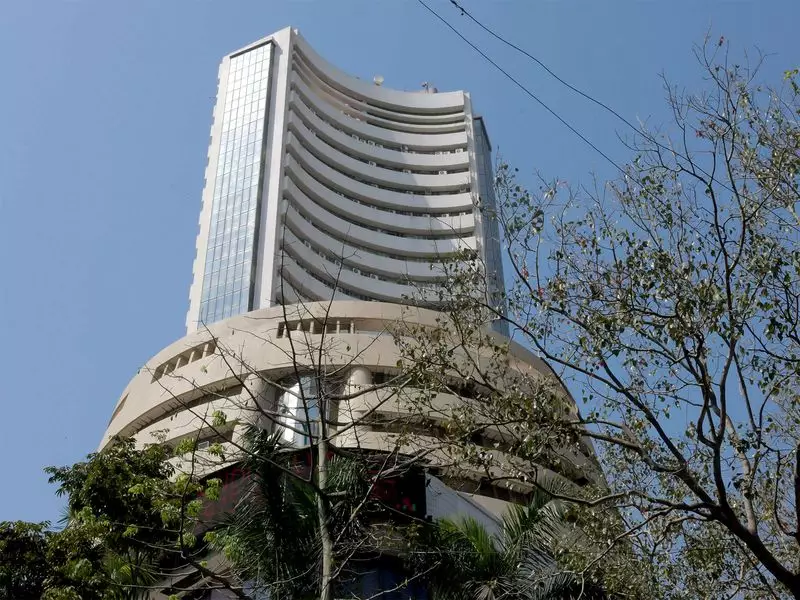
In a significant move that could reshape India's mutual fund landscape, the Securities and Exchange Board of India (SEBI) is reportedly planning substantial changes to how mutual fund expenses are structured. The regulator aims to create a more balanced ecosystem that benefits both investors and asset management companies.
The End of the 5 bps Cushion
SEBI's proposed reforms include scrapping the additional 5 basis points expense cushion currently available to Asset Management Companies (AMCs). This cushion has traditionally provided AMCs with extra flexibility in managing fund expenses, but critics argue it has led to higher costs for investors.
Total Expense Ratio Slabs Under Review
The market regulator is also planning to revise the existing Total Expense Ratio (TER) slabs that determine how much AMCs can charge investors. These slabs, which vary based on fund size and type, are expected to be recalibrated to maintain a fair balance between industry sustainability and investor protection.
What This Means for Indian Investors
For the average mutual fund investor in India, these changes could translate into:
- Potentially lower expense ratios on mutual fund investments
- More transparent fee structures across fund categories
- Better alignment of AMC incentives with investor returns
- Enhanced competition among fund houses
Industry Implications
The mutual fund industry, which manages over ₹50 lakh crore in assets, may need to adjust its business models. While smaller AMCs might face initial challenges, the reforms could drive efficiency and innovation across the sector.
SEBI's initiative reflects its ongoing commitment to making mutual funds more accessible and cost-effective for Indian investors while ensuring the industry's healthy growth. The final decision is expected after consultations with various stakeholders in the coming weeks.






